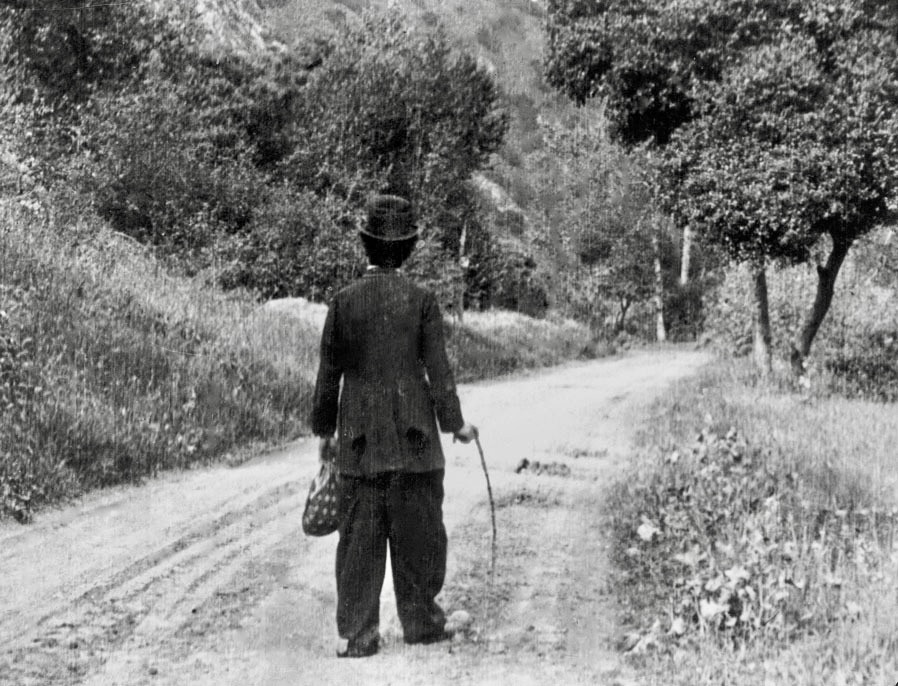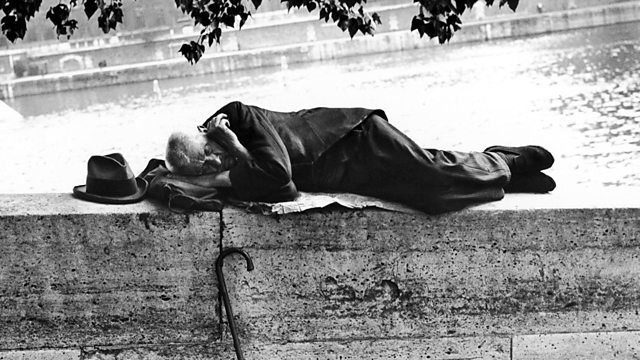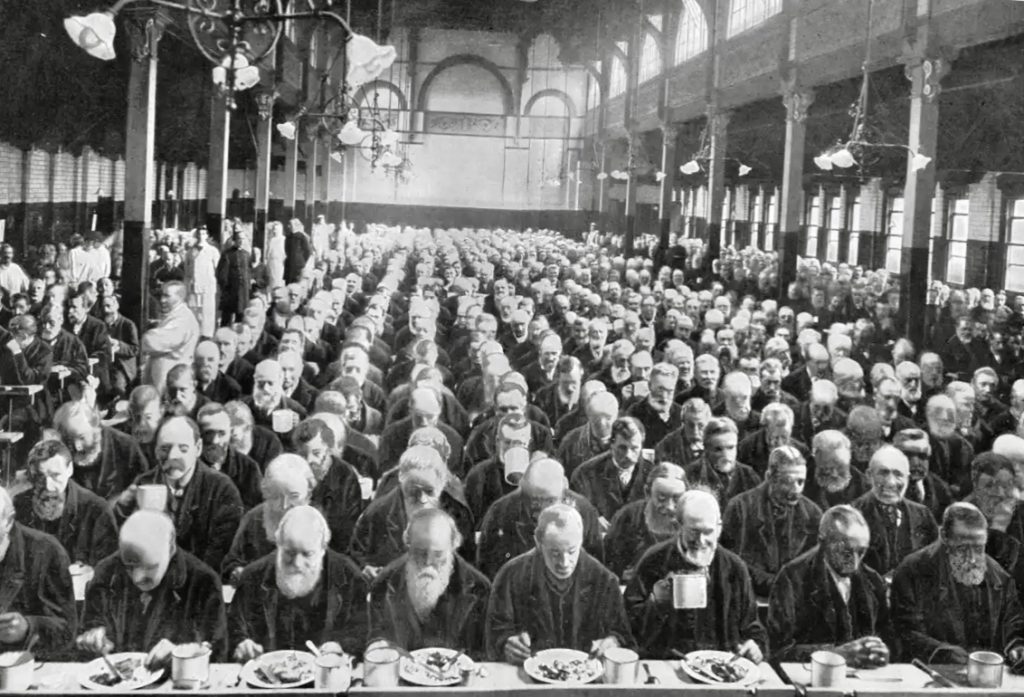
I am working away on a Chapter IV of Mark All’s ‘Great Walk’ (see previous below this one) and look forward to posting it here as soon as I can. (Spoiler Alert: I’ve come across one of his notebook diaries). Meanwhile – a sort of halt by the way – I set to thinking about tramps and tramping. The word ‘tramp’ has many synonyms – beggar, vagrant, ‘gentleman of the road’ – and conjures up as many images. Apart from those that come from personal recollection, others are based one way or another on the cheerful/doleful figure made famous by Charlie Chaplin. Or, for a little more verisimilitude, look up some of these images, for instance: http://www.peterberthoud.co.uk/blog/17032018144044-down-and-out-in-1930s-london
But just what sort of tramp was Mark All? (Aforesaid, I will reveal a little – actually, quite a lot – more about what I have discovered about his character as revealed in his notebooks in Chapter IV). Despite the many hardships and privations he suffered, it is clear that he wasn’t forced or obliged to do as he did. And we know he had a determination to go on to the end of his road. Indeed, he seemed to be doing it for a purpose, that was, to demonstrate to the world that ‘a man was not finished at forty’. Come to that, we do well to remember that for many, not just Mark All, tramping was a lifestyle, no doubt brought on by necessity but often with a useful purpose. In the course of my research I came across this book (which, I admit, I have yet to read cover to cover …) https://summersdale.com/2013/06/25/six-things-i-learned-as-a-twenty-first-century-tramp/ In it, the author, Charlie Carroll, reminds us that for centuries, to go ‘on the tramp’ (often with family in tow) would be to use well-known paths and networks to travel from town to town in search of casual work. Labourers and servants, cloth-workers, peddlers, tinkers, builders, surgeons, students, mole-catchers, miners, clockmakers, locksmiths, barbers! ALL sorts did this to find employ. ‘Tramping, therefore, was viable. It could even be respectable …’

But wherever else the fancy wanders it comes back inevitably to George Orwell, and in particular his book, ‘Down and Out in Paris and London’, published in 1933 though written, I discover, three years earlier, and drawing on his experiences of four to five years before that. Thus, about the time of Mark All’s death in 1925. Classified as ‘fiction’ (though that is hotly debated), and described as ‘a memoir’, it falls into two parts, as the title suggests. The first half is set in Paris and the second in London, the theme of poverty binding the two together. It is the second half that is particularly redolent of old Mr All written as it is as a travelogue of life on the road in and around London from the tramp’s perspective. The descriptions of the types of hostel accommodation available and some of the characters to be found living there are in many ways unsurpassed. “Foul smells are everywhere – only tobacco masks them. No work of literature is more odoriferous” writes John Sutherland, the author of a rather brilliant discussion of the book on the British Library website, available here: https://www.bl.uk/20th-century-literature/articles/an-introduction-to-down-and-out-in-paris-and-london
According to the rules of his wager, Mark All was forbidden to use the workhouse as a place to kip. Nor would he willingly have entered into one so much did he despise them as an institution. His pride as a skilled engineer forfended darkening its door. The lodging house was another matter. He had plenty of bitter experience of them as we’ll see anon. Whilst still in Paris in August 1929 Orwell sent an essay he had written based on his own experience back to London where it was (in 1931) published by the periodical New Adelphi. He entitled it ‘The Spike’, and in it he describes his staying overnight in the casual ward of a workhouse (‘a spike’) near London. You can read it here: https://www.orwellfoundation.com/the-orwell-foundation/orwell/essays-and-other-works/the-spike/

Finally, if you have the time (!) the inclination and the tackle, there’s a very good documentary programme (first broadcast in October 2011, “as Europe tries to fend off another financial crisis”) in which Emma Jane Kirby retraces Orwell’s footsteps eighty years later, so bringing ‘Down and Out’ up to date. It’s available to listen to on BBC Sounds – click here: https://www.bbc.co.uk/programmes/p00kj589
Oh, and, afore ye go, this song: the lyrics by the late, great ‘Wobbly’, Joe Hill, rather knocks it ALL into a battered cocked hat: https://www.youtube.com/watch?v=f–dCVyLpbk
Thank you. Keep busy, keep safe. I’ll be back …
Leave a Reply